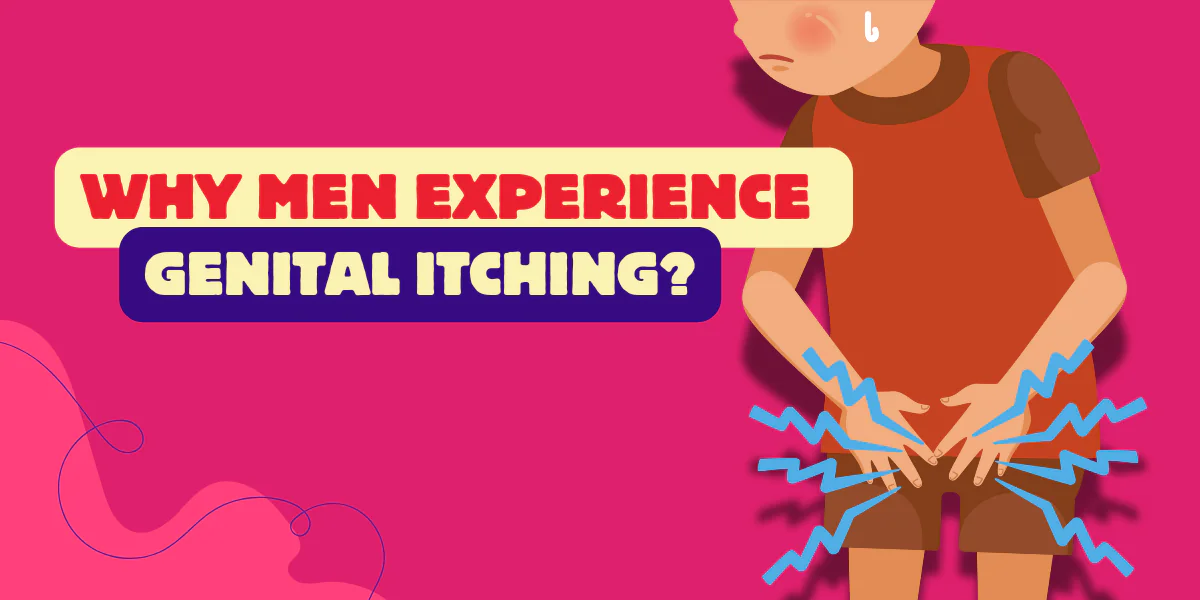Growing a fuller, thicker beard is a goal for many men, but achieving this look often comes down to hormonal balance. Testosterone, a key male hormone, plays a crucial role in determining the thickness, growth rate, and density of facial hair. In this article, we explore how increasing testosterone levels can help boost beard growth, particularly in the context of Indian men who may experience variations in hair density due to genetic and lifestyle factors.
Understanding the Role of Testosterone in Beard Growth
Testosterone is an androgen, a hormone that contributes to the development of male characteristics, including facial hair. It directly influences the activity of hair follicles on the face, promoting the growth of a thicker and denser beard. However, it’s important to note that while testosterone is necessary for beard growth, the sensitivity of hair follicles to this hormone, determined by genetics, also plays a role.
For men in India, factors like diet, stress, and urban lifestyle can impact testosterone levels, potentially affecting facial hair growth. A report by the Indian Journal of Endocrinology and Metabolism indicates that lifestyle changes and increased stress levels in urban areas have led to a decline in average testosterone levels among Indian men.
How Low Testosterone Affects Beard Growth
Low levels of testosterone can result in slower beard growth or a patchy appearance. When testosterone levels are below the optimal range, it may take longer for facial hair to grow, and the hair may be finer and less dense. This can be frustrating for men who desire a fuller beard. Additionally, men with naturally low levels of dihydrotestosterone (DHT), a byproduct of testosterone that directly stimulates facial hair growth, may experience less robust beard growth.
Natural Fluctuations in Testosterone Levels
Testosterone levels naturally fluctuate throughout a man’s life. They peak during adolescence and early adulthood, contributing to the growth of facial hair, deeper voice, and muscle mass. After the age of 30, testosterone levels may gradually decline by about 1% per year. For Indian men, understanding this natural decline is crucial, as maintaining optimal levels can support healthy beard growth even into later years.
A study published in the Journal of Clinical Endocrinology & Metabolism highlights that certain lifestyle factors, such as physical activity and balanced diet, can help mitigate the decline in testosterone, thus maintaining the potential for beard growth.
The Impact of Genetics on Beard Growth
While increasing testosterone can support beard growth, genetics remain a significant factor in determining how thick or dense a beard can become. Indian men, like other populations, have a diverse genetic background that influences facial hair patterns. Some may have a genetic predisposition for denser beards, while others might struggle with patchiness despite normal testosterone levels.
A study from the Asian Journal of Dermatology emphasizes that genetic factors, such as the sensitivity of hair follicles to DHT, can vary among individuals. This means that even with high testosterone levels, the extent of beard growth can be limited by one’s genetic makeup.
Balancing Testosterone for Optimal Beard Growth
Increasing testosterone levels can indeed contribute to more robust beard growth, but it’s not a standalone solution. Factors like genetics, age, and overall health play crucial roles in determining the fullness and thickness of a beard. Men looking to improve their beard growth should focus on maintaining a balanced lifestyle and consulting with a healthcare provider if they have concerns about hormonal levels. Understanding these nuances can help set realistic expectations for achieving that desired beard look.
Read also: Is Your Beard Turning Gray Prematurely? 7 Possible Reasons
Medical Disclaimer: This article is for informational purposes only and is not a substitute for professional medical advice. Always consult with a healthcare provider for personalized recommendations.












